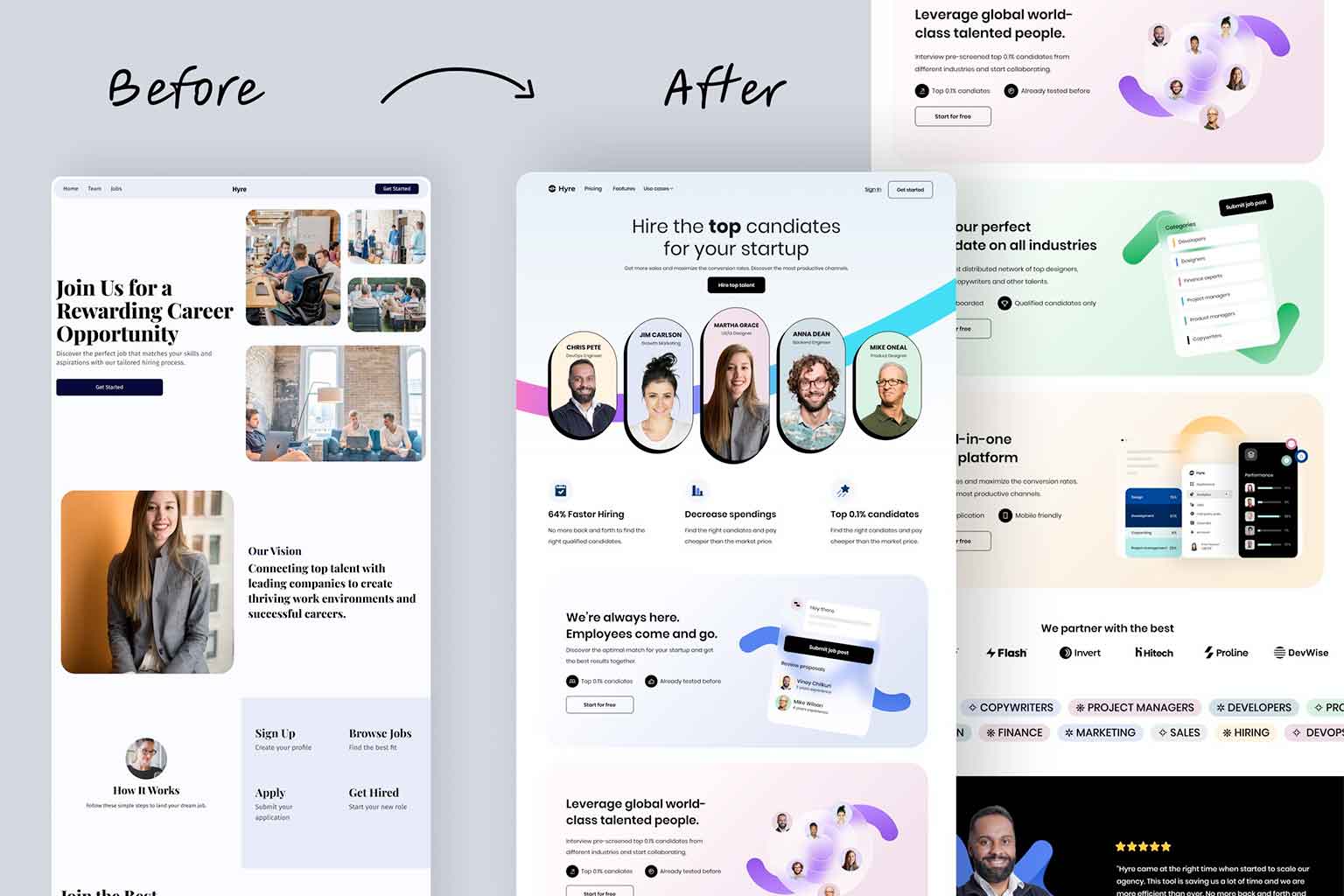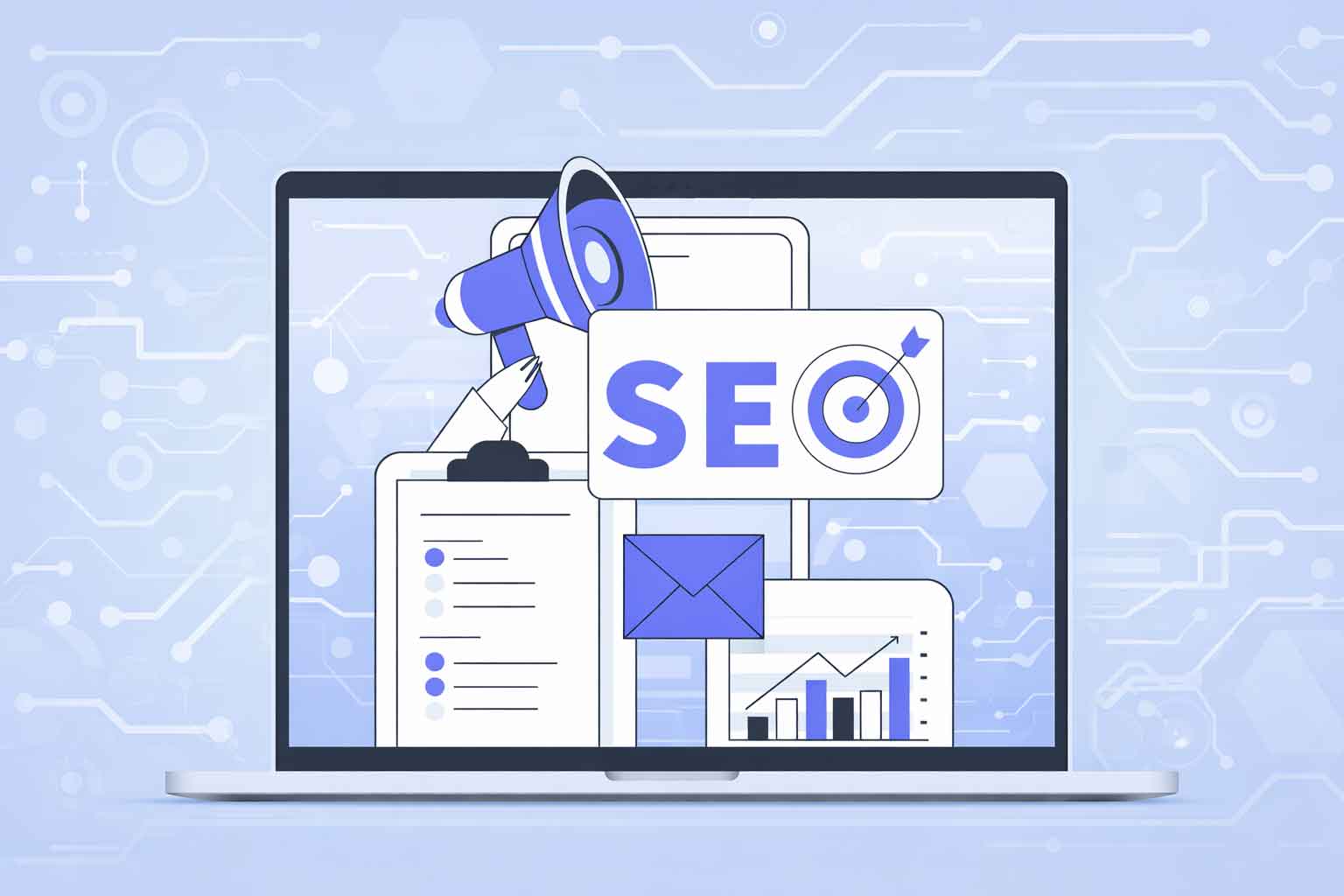Understanding Backlinks and Why They Matter
If you’ve ever heard the word “backlink” tossed around in SEO conversations and wondered what exactly it means, you’re not alone. Simply put, a backlink is when another website links to your website. Think of it like a digital vote of confidence. When someone else finds your content valuable enough to point their readers toward it, that’s a backlink.
Imagine you own a small bakery in Green Bay, and a local food blogger writes a post about the best cupcakes in town and links to your site. That link is a backlink—it tells Google (and people) that your bakery is worth checking out.
Backlinks play a role in how search engines determine the trustworthiness and authority of a site. If your website is being linked to by many high-quality and relevant websites, it’s a signal that your content is valuable and deserves to show up higher in search results.
Why Backlinks Matter
Backlinks matter because they act like referrals. Just as you’d be more likely to trust a mechanic if three of your friends recommended them, Google is more likely to trust your site if other trusted sites recommend it through backlinks.
For small businesses and nonprofits, this trust factor can make a difference in where your site shows up in search results. More visibility means more traffic, which often translates into more customers, donors, or clients.
But here’s the catch—not all backlinks are created equal. A link from a respected industry site or a trusted local organization carries much more weight than a random link from an unrelated blog.
Different Types of Backlinks
Not all backlinks look or work the same way. Here are a few of the most common types:
Editorial Backlinks
These are the “gold standard” of backlinks. They happen when someone naturally references your business in a blog, article, or news story. For example, if the Green Bay Press-Gazette wrote an article about local web designers and linked to Full Scope Creative, that would be an editorial backlink.
Directory Backlinks
These come from listing your business in online directories. Think of sites like your local Chamber of Commerce, the Better Business Bureau, or industry-specific directories. These links may not carry as much authority as editorial ones, but they’re still valuable and easy wins for local SEO.
Guest Post Backlinks
Sometimes, businesses write articles for other websites in exchange for a link back. For example, if you wrote a blog post on marketing tips for a local business association and linked back to your own site, that’s a guest post backlink.
Social Profile or Forum Backlinks
Links from your social media profiles, community forums, or Q&A sites also count as backlinks. While they don’t hold as much SEO weight, they can still help people find you and build trust in your brand.
The Good, The Bad, and The Ugly of Backlinks
Here’s where things get a little tricky. While good backlinks can boost your website’s credibility, bad backlinks can actually hurt it.
- Good backlinks come from trustworthy, relevant sites that are connected to your industry or community.
- Bad backlinks come from spammy, low-quality sites that exist only to sell links. Search engines are smart enough to notice these patterns, and relying on bad backlinks can drag your site down instead of lifting it up.
That’s why building backlinks takes strategy and patience. It’s not about getting as many links as possible—it’s about getting the right ones.
Why We Don’t Spend All Day Chasing Backlinks
At Full Scope Creative, we recognize the value of backlinks, but we also know how much work and time they can take to earn. You often have to reach out, pitch ideas, write guest articles, or wait for someone to find your content—and that can be a long process.
Instead, we put most of our energy into creating strong, high-quality content. Why? Because great content naturally earns backlinks over time. When your website has blogs, resources, and information people find helpful, they’re far more likely to link to it without you having to ask.
Think of it this way: you can spend hours chasing down people to compliment your business, or you can focus on doing great work that gets people talking on its own. We prefer the second approach.
What Small Businesses Should Focus On
If you’re a small business owner wondering whether you should dive headfirst into backlink building, here are a few practical tips:
- Start Local: Make sure your business is listed on trusted local directories like your Chamber of Commerce, local business groups, and industry associations.
- Partner Up: Collaborate with other small businesses or nonprofits in your area. Sometimes, just sponsoring an event or working on a project together will get your name and link featured on their site.
- Create Content Worth Linking To: This might be a blog post answering common customer questions, a helpful how-to guide, or even a local resource page.
- Don’t Buy Links: Paying for backlinks might sound tempting, but it’s against Google’s rules and can hurt your site more than help it.
Backlinks and Your Bigger SEO Picture
So, what are backlinks? At their core, they’re just links from other sites to yours—a kind of digital endorsement. They can help your business stand out in search engines and build credibility, but they take time and effort to earn the right way.
At Full Scope Creative, while we know backlinks are important, our focus is on building content that naturally attracts those links over time. By creating blogs, case studies, and resources that people genuinely find valuable, we help your website grow in a way that’s sustainable and effective.
Ready to Talk About Your SEO Strategy?
If you’re wondering how backlinks fit into the bigger picture of SEO for your business, we’d love to chat. Schedule a free consultation with Full Scope Creative, and let’s talk about building a marketing plan that works for you.









